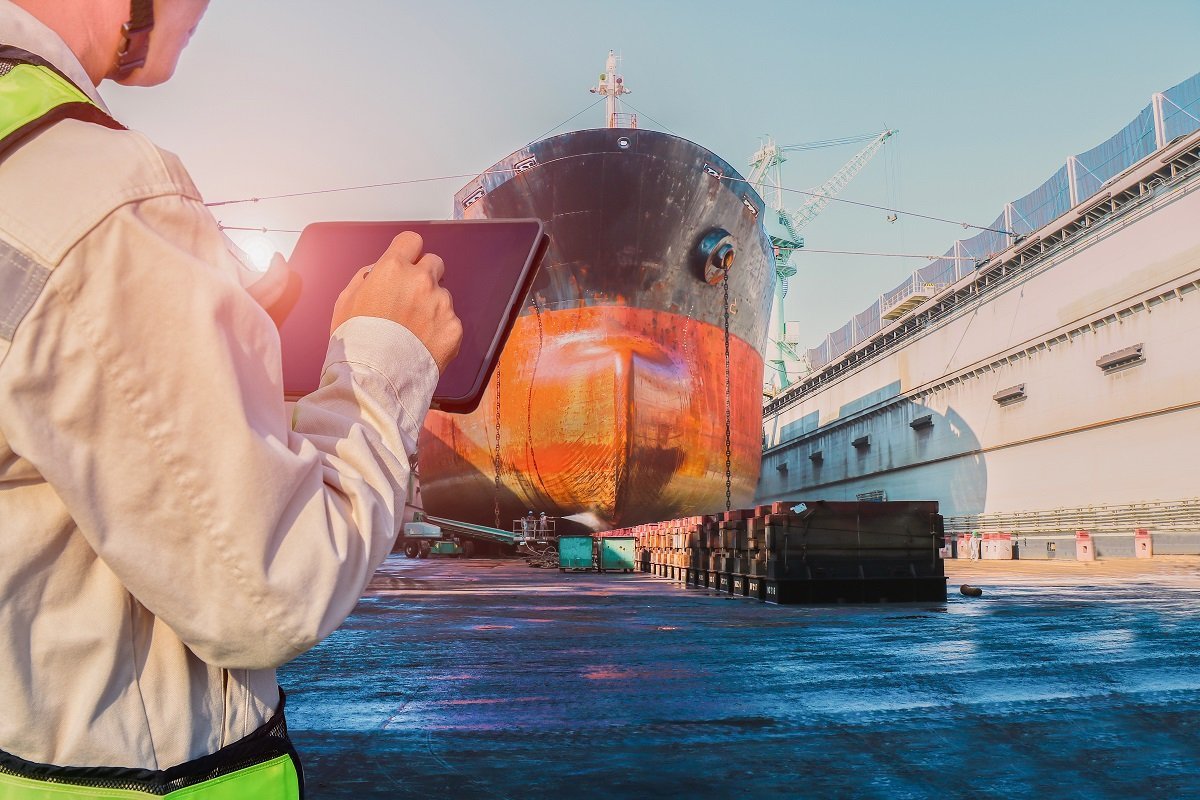Overview of Maritime Law Services
Maritime law, also known as admiralty law, encompasses a broad spectrum of legal issues governing activities on navigable waters. From shipping and trade to environmental protection and salvage operations, maritime law services play a pivotal role in ensuring compliance, resolving disputes, and facilitating transactions within the maritime industry. Let’s explore the intricacies of maritime law services and their significance in today’s globalized maritime landscape.
Introduction to Maritime Law Services
Definition of Maritime Law Maritime law refers to the body of laws, conventions, and regulations governing maritime activities, including shipping, navigation, commerce, and marine environmental protection.
Importance of Maritime Law Services Maritime law services provide essential legal support and guidance to stakeholders operating in the maritime sector, ensuring compliance with regulations, resolving disputes, and facilitating smooth transactions.
Areas Covered by Maritime Law Services
Admiralty and Maritime Litigation Maritime law firms specialize in handling disputes related to vessel collisions, cargo damage, maritime liens, and personal injury claims, among others.
Vessel Financing and Transactions Maritime law services assist clients in structuring vessel financing agreements, negotiating charter contracts, and navigating regulatory requirements for vessel acquisitions and sales.
Maritime Insurance Legal practitioners in maritime law advise clients on insurance coverage options, claims management, and disputes arising from marine insurance policies.
Environmental Compliance With growing concerns about marine pollution and environmental sustainability, maritime law services help clients navigate complex regulatory frameworks and ensure compliance with environmental laws and regulations.
Key Players in Maritime Law Services
Maritime Law Firms Specialized maritime law firms employ legal experts with deep knowledge and experience in various aspects of maritime law, offering tailored solutions to clients across the industry.
Legal Practitioners Specializing in Maritime Law Individual attorneys and legal practitioners specializing in maritime law provide personalized legal services, ranging from litigation representation to advisory and transactional support.
Benefits of Utilizing Maritime Law Services
Expertise and Specialization Maritime law services offer access to legal professionals with specialized knowledge and expertise in the intricacies of maritime regulations and industry practices.
Mitigation of Risks By providing proactive legal guidance and risk management strategies, maritime law services help clients mitigate potential liabilities and navigate legal challenges effectively.
Compliance with Regulations Staying abreast of evolving regulatory requirements can be daunting for maritime businesses. Maritime law services ensure clients remain compliant with applicable laws and regulations, minimizing the risk of penalties and sanctions.
Challenges in Maritime Law
Complex Regulatory Framework Navigating the intricate web of international and domestic maritime laws and conventions presents a significant challenge for maritime businesses and legal practitioners alike.
International Jurisdictional Issues Maritime disputes often involve multiple jurisdictions, adding layers of complexity to legal proceedings and enforcement efforts.
Environmental Concerns The maritime industry faces increasing scrutiny regarding its environmental impact, requiring proactive measures and compliance with stringent environmental regulations.
Emerging Trends in Maritime Law Services
Digitalization and Automation Advancements in technology are reshaping the practice of maritime law, with digital tools and automation streamlining processes and enhancing efficiency.
Sustainability Initiatives Maritime law services are increasingly focusing on sustainability and environmental stewardship, advising clients on eco-friendly practices and compliance with environmental regulations.
Cross-border Collaboration In an interconnected world, collaboration among legal professionals across borders is becoming essential for addressing complex maritime issues and facilitating international trade and commerce.
Case Studies and Success Stories
Real-World Examples of Maritime Law Services in Action From resolving high-stakes maritime disputes to facilitating multimillion-dollar vessel transactions, maritime law firms have played pivotal roles in shaping the industry’s landscape.
How to Choose the Right Maritime Law Services
Considerations for Selecting a Maritime Law Firm When choosing a maritime law firm, clients should consider factors such as the firm’s reputation, track record, industry experience, and the expertise of its legal team.
Evaluating Expertise and Experience Look for maritime law services with a proven track record of success in handling cases and transactions relevant to your specific needs and challenges.
Conclusion
Maritime law services serve as the cornerstone of legal support and guidance for stakeholders operating in the maritime industry. From navigating complex regulatory frameworks to resolving disputes and facilitating transactions, maritime law professionals play a vital role in ensuring compliance, mitigating risks, and promoting sustainable practices within the maritime sector. As the industry continues to evolve, the importance of maritime law services in safeguarding the rights and interests of maritime stakeholders remains paramount.
FAQs
1. Why are maritime law services important for businesses in the maritime industry? Maritime law services provide essential legal support and guidance to businesses operating in the maritime sector, ensuring compliance with regulations, resolving disputes, and facilitating transactions.
2. What types of legal issues do maritime law services address? Maritime law services handle a wide range of legal issues, including admiralty and maritime litigation, vessel financing and transactions, maritime insurance, and environmental compliance.
3. How can businesses benefit from utilizing maritime law services? By leveraging the expertise of maritime law professionals, businesses can mitigate risks, ensure compliance with regulations, and navigate legal challenges effectively, ultimately safeguarding their interests and enhancing their competitiveness.
4. What factors should businesses consider when choosing maritime law services? When selecting maritime law services, businesses should consider factors such as the firm’s reputation, track record, industry experience, and the expertise of its legal team to ensure they receive tailored and effective legal support.
5. How do emerging trends such as digitalization and sustainability impact maritime law services? Emerging trends such as digitalization and sustainability are reshaping the practice of maritime law, with technology-driven solutions and a growing focus on environmental stewardship influencing legal strategies and service offerings.



Hi, this is a comment.
To get started with moderating, editing, and deleting comments, please visit the Comments screen in the dashboard.
Commenter avatars come from Gravatar.